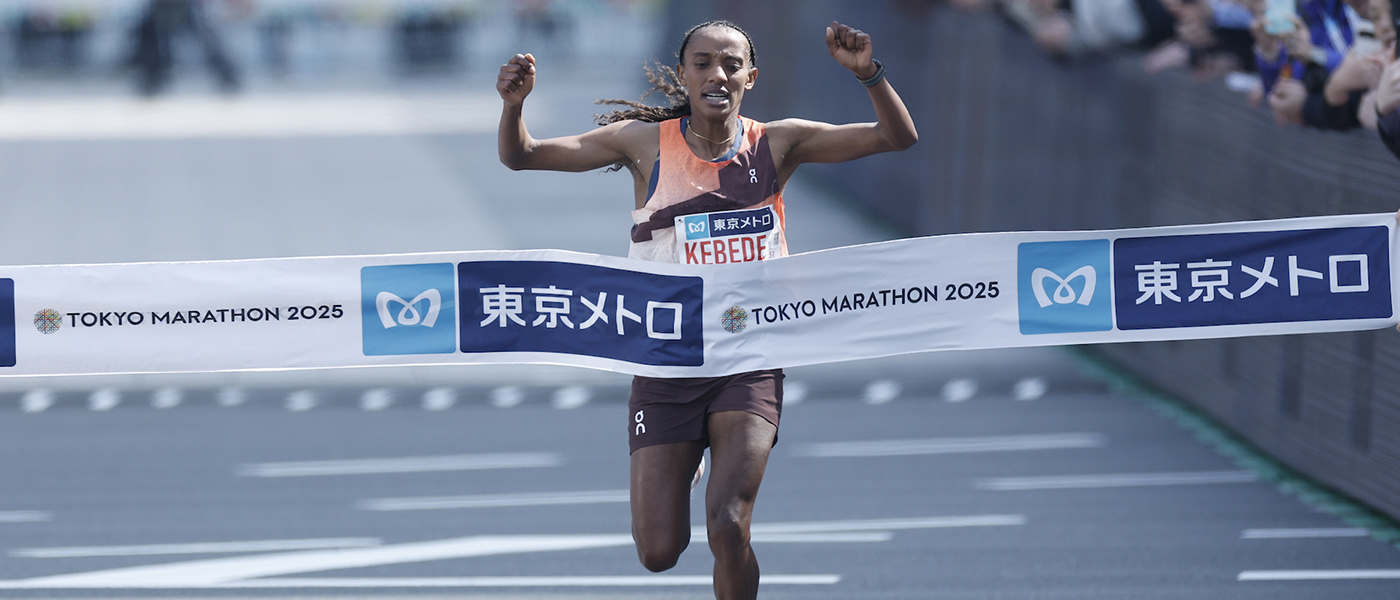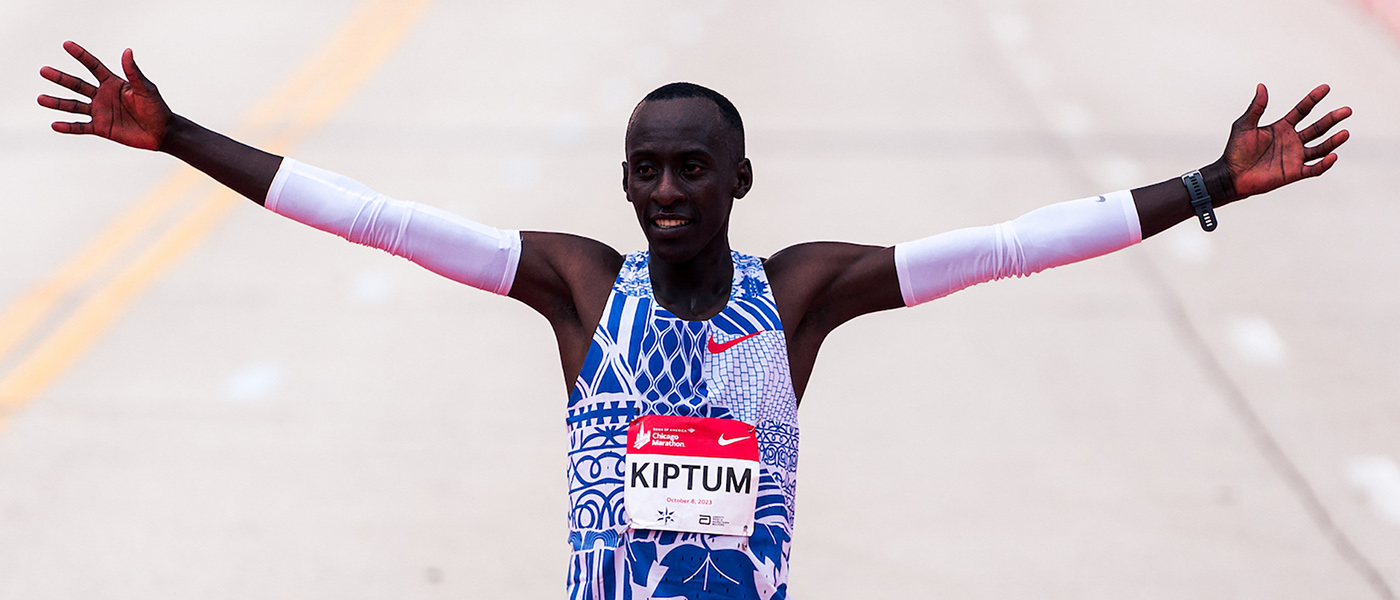
“I am 52 years old, a father of five and I feel so lucky that I get to run.”
At age 18, Wade Juracek - from Gregory, South Dakota - had a flourishing career as a top-level athlete ahead of him until he was diagnosed with Inflammatory Bowel Disease (IBD), and his treatment resulted in his large intestine being removed.
Wade first had symptoms of IBD at age 16 but was afraid to tell anyone. A premier athlete, he often pushed through intestinal blood loss caused by the condition to compete in football and track.
“I was an All-State football player and one of the top players in South Dakota who had a football scholarship. I became anemic due to the frequent blood loss and with the high-level football training in the heat of South Dakota, I finally became so weak that I had to go to the doctor, and this was when I was diagnosed. Sports was my life and this [disease] hit hard.”
The original plan was for two surgeries. One to remove the large intestine and a second to form what is called a J-Pouch which is made from your small intestine and takes the place of your rectum. But this was not the end of Wade’s problem. His J-Pouch perforated three times which can be very dangerous and requires more surgery.
“When the pouch perforates, everything you eat and drink seeps out into your internal body cavity, creating deathly infection,” he says.
Luckily for Wade there was a wonderful surgeon with him through those challenging first few years - Dr Dozois. Not only did he put Wade back together many times, but his son also took over the reins of Wade’s treatment in the latter years. They have also both been strong supporters of Wade’s recovery and running journey, guiding him through his treatment and his training.
“In 2021, I ran the Med City marathon in Rochester, Minnesota,” he says. “This was where I had most of my 20 surgeries and Dr Dozois – who last operated on me around 25 years ago - was waiting for me at the finish line!
“He is now over 80 years old so to see him there was the most amazing experience. The last time he saw me was when I was a scared teenager, and there I was in my 50s doing the unthinkable!”
As Wade watched his friends and old teammates climb the ladder in the National Football League (NFL), he went through years of surgeries and found a new sport to focus on and feel an amazing sense of achievement from – marathons.
“Running marathons with no large intestine and active Crohn's Disease is very hard. But I have been running for charity to help support others who suffer from this disease, and I get such a lot of pleasure from that.
“I have old football teammates that have played in the Super Bowl and have won it. Once I complete Berlin in September, I will have run in four of the six Super Bowls of marathons and I am in the best shape of my life. I am so lucky.
Wade ensured he didn’t dive into running without getting medical advice and support throughout.
“My first marathon was also my first Major in 2015 - the TCS New York City Marathon. I ran for the IBD Kids and the leader of the charity was a doctor and a runner so he, along with my local doctor, advised me on how to train to do it safely.
“Staying hydrated is very important without a large intestine but it’s a very tricky balance, you don’t want to over hydrate. I take salt with me on long runs, and I am very careful during marathon races to use every water station on course.
“The training is also very hard, especially in the hot, humid summers in South Dakota. I prepare like most people, but I have to pay attention to my body, as I can have a flare-up of my Crohn’s Disease, which makes it harder.”
Wade is an inspiration to many, not just his close family and friends. His surgeon often shares his story with other IBD sufferers, showing others that things will get better and that you can do everything you want and more.
“When you think of people that finish an accomplishment like the Majors, you think of world class athletes, not me! I once was an awesome athlete, but after all of my health problems, you would think that there is no way that I could even come close to running one marathon, but I am training for my eighth and I have almost finished all of the Abbott World Marathon Majors.
“I always find myself crying at the finish lines, it is because of the journey that is the marathon, and because I am able to do it.
Offering advice to others who may be suffering in silence or worried about stepping into running, Wade says: “Go to your doctor. Talk to someone and if you want to get moving, do it. It starts with those first few steps and very soon you could be stepping your way to 26.2 miles.”
*Always consult a physician and get a full health evaluation prior to marathon training. Even if athletes appear healthy after treatment or surgery, or to have a disorder under control, underlying medical conditions could exist.
If you have a spotlight on health story you’d like to share, please contact press@wmmajors.com
Other news

Kebede eyes history in Tokyo

Episode 84: Hall In For Tokyo! - Marathon Talk meets Sara Hall as we preview the Tokyo Marathon



